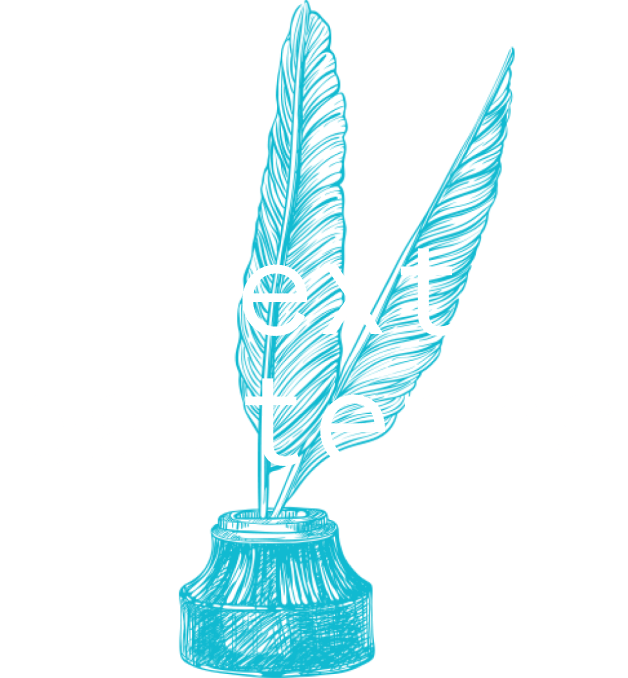January 13, 2014
reading and thinking, one more time
I want to put together two recent posts because I think when you look at them in conjunction with each other they indicate a significant, and troubling, trend. I wrote recently about how to acquire thoughts worth expressing; and I also noted that the same article on codex-reading vs. e-reading gets written over and over and over again,...
